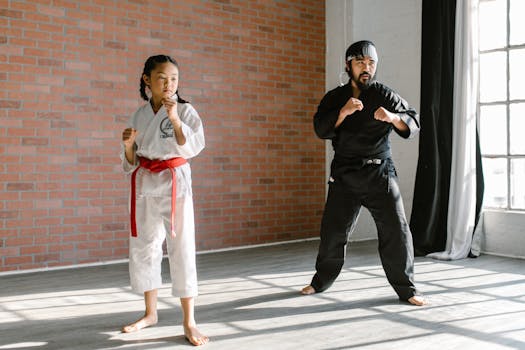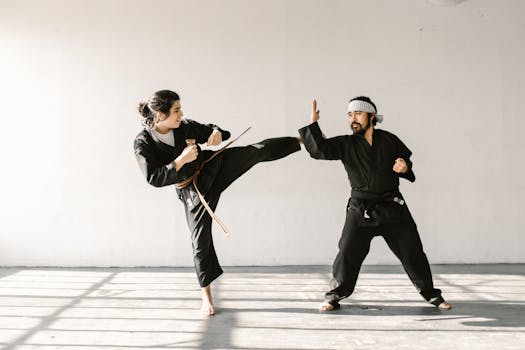Title: How Injury History Impacts UFC Fighter Performance
Introduction: In the physically demanding arena of the Ultimate Fighting Championship (UFC), a fighter's condition is paramount for success. Injuries, both past and present, play a significant role in shaping a fighter's approach and effectiveness in the octagon. This article delves into how previous injuries can influence UFC fighters and examines various strategies to manage these challenges.
Understanding the Impact of Injuries: An injury history can affect a fighter in multiple ways:
- Physical Limitations: Past injuries can lead to chronic issues or decreased mobility, which might limit a fighter's ability to perform certain techniques.
- Mental Impact: A history of injuries might affect a fighter's confidence or lead to caution in the ring, potentially impacting aggressiveness and decision-making.
- Training Adjustments: Fighters with significant injury histories might need to modify their training regimens, which can affect preparation and conditioning.
- Preventive Training and Rehabilitation:
- Objective: Strengthen muscles around key joints and enhance overall resilience.
- Advantages: Can reduce the likelihood of future injuries, thus preserving longevity.
- Disadvantages: Time-intensive and may require significant resources not available to all fighters.
- Medical and Technological Interventions:
- Objective: Utilize advanced medical treatments to enhance recovery.
- Advantages: Can accelerate healing and improve recovery outcomes.
- Disadvantages: Often expensive and not universally accessible.
- Example: Dominick Cruz, a former UFC bantamweight champion, has faced multiple injuries throughout his career. His commitment to both preventive training and advanced medical treatments facilitated several successful returns to the ring, underscoring the benefits of a dual approach.
Strategies for Managing Injury History in UFC:
Comparative Analysis: While preventive training aims at long-term health and injury avoidance, medical interventions are crucial for rapid recovery post-injury. The choice between these strategies typically hinges on a fighter’s specific needs and resource availability.
Case Studies:
Conclusion and Recommendations: Injury history is a critical factor that can influence UFC fighters' performance. It is advisable for fighters and their coaching teams to invest in comprehensive training and medical strategies to mitigate the impact of past injuries. Fighters should also remain abreast of the latest in sports medicine to enhance their recovery processes.
Further Resources: For those interested in deeper insights and statistical analysis, resources such as sports medicine publications and official UFC statistics offer valuable information.
Final Thoughts: Although injuries can temporarily derail a fighter's career, a strategic and informed approach to training and recovery can pave the way for a successful return to the octagon. Embracing both preventive and reactive health strategies is essential for longevity and success in the UFC.
Source: Official UFC Statistics
By understanding and managing their injury history effectively, UFC fighters can maintain peak performance and extend their careers in this challenging sport.

.png)





